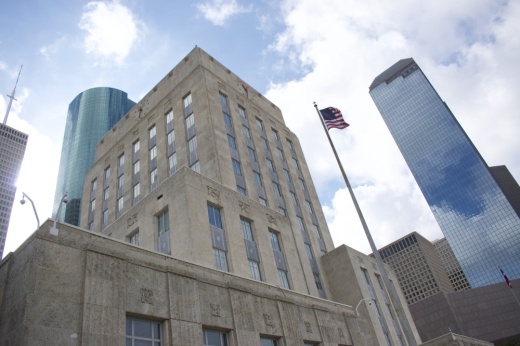The big picture
Houston has been experiencing drought conditions continuously since summer 2022, and the city entered Stage 2 of its drought contingency plan in August. The drought has strained the city's water distribution system, leading to an increase in breaks, officials said. As of Oct. 3, Harris County remained largely in extreme drought conditions, according to the U.S. Drought Monitor.
The background
The $48 million approved Oct. 4 brings the amount the city has spent on emergency purchase orders to just over $80 million for fiscal year 2023-24, council member Sallie Alcorn said at the meeting. The city spent $36 million on emergency purchase orders for all of FY 2022-23, a disparity Mayor Pro Tem Dave Martin attributed to the city funding more repairs through regular contracts that year.
What they're saying
“We’re trying to move in an expedited fashion, but with the weather and the drought, it seemed to have really gotten ahead of where we can actually do it internally,” Martin said.
The context
The number of leaks in the city has increased since drought conditions worsened over the summer, according to data compiled by the Houston Public Works Department and presented by Martin at the meeting.
- The public works department was dealing with fewer than 100 active leaks prior to June 1. Since then, the number of active leaks has risen to more than 500.
- Between June 1-Sept. 30, Houston received almost 20,000 calls related to water leaks to its 311 system.
- The city has internally completed 2,600 repairs since June 1, while another 1,700 repairs were completed by contractors.
The estimated cost for the city to pay repair crews in overtime from June 1-Sept. 30 was $1.1 million, council member Abbie Kamin said at the meeting. Meanwhile, the estimated cost to treat unaccounted water loss during that time was $1.7 million.
“So there’s all these hidden costs ... as it relates to drought," Kamin said. “My hope is that this money will help to expedite those 311 calls as well.”
One more thing
When tackling water leaks, the city prioritizes major leaks as well as leaks affecting health care emergency facilities and schools, Martin said. Minor leaks can take two to five weeks to address.





